Swiss diplomat: Iran ready to talk human rights
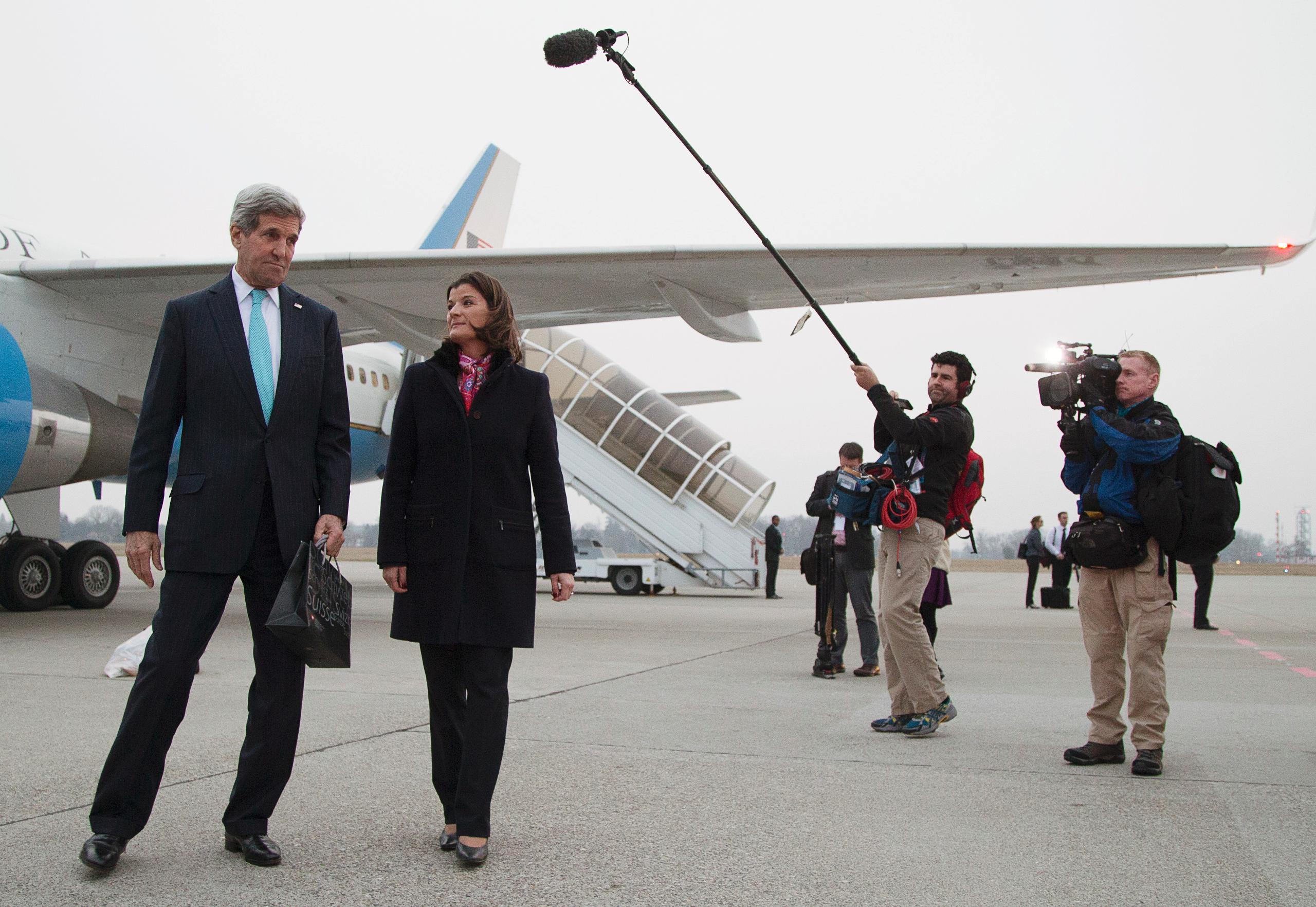
Iran has sent “a very clear signal” that it is willing to discuss concerns over the freedom of expression and the death penalty in the Islamic Republic, according to a top Swiss diplomat back from Tehran.
Switzerland’s discreet diplomatic go-between role in Iran, where it looks after the interests of the United States, is set to grow as the country reengages with the international community, says Yves Rossier, state secretary of the foreign ministry.
Rossier was in Tehran for four days of political talks with Iranian ministers and officials. His office said they had resulted in “the next steps in their established dialogues on human rights and justice”.
swissinfo.ch: What specifically are you referring to when you say that Switzerland and Iran have agreed to the “next steps” in their dialogue over human rights and justice?
Yves Rossier: There is a clear urge in Iran to get back into the international community and that concerns a wide range of issues ranging from the economy to human rights.
Switzerland leads human rights discussions with other countries under two conditions. First, it has to be in the context of a global improvement of human rights. Second, we have to be able to talk on issues that are close to our heart.
In the past, we had such a dialogue with Iran on human rights and justice but it was suspended due to lack of progress. This time we got a very clear signal that they want to start it again and we agreed upon the subjects: freedom of expression and death penalty. It is nothing more than a signal, but it is a positive signal. It is definitely worth trying.
swissinfo.ch: What’s the timeframe for the next discussions?
Y.R.: There has been no precise calendar but we will start work soon. The first meeting will be at expert level to define the various conditions. There will be a sort of government paper, and then the dialogue will start. There will be one or two meetings a year, accompanied by multilateral cooperation at the United Nations Human Rights Council in Geneva.
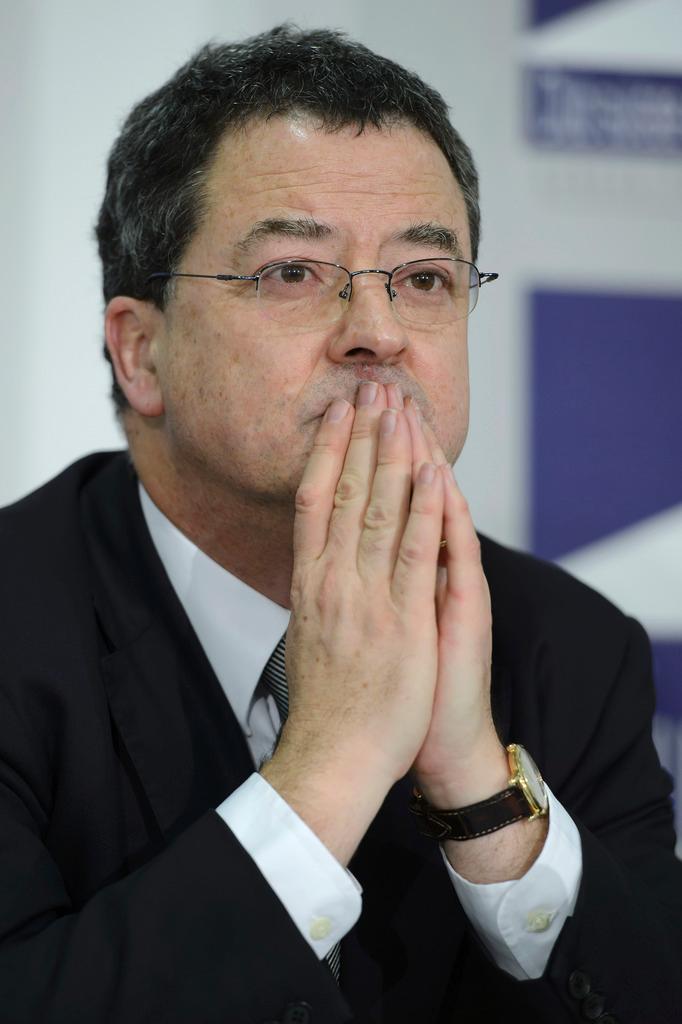
swissinfo.ch: Has Iran, in turn, raised any “issues” about Switzerland’s policies that it is concerned about, such as the ban on building new minarets?
Y.R.: Not at all. We met Mohammad Javad Larijani, the head of Iran’s human rights office, who has a very important role in Iran’s judiciary. We agreed to start discussions so it’s quite likely that some other issues will be raised in the later stage of the process but there is nothing right now.
swissinfo.ch: Foreign Minister Didier Burkhalter has said that Switzerland will review its economic sanctions against Iran but that the next steps in that effort would be decided after you returned from Tehran. Are the discussions about lifting all of the sanctions – which include frozen Swiss bank accounts, an embargo on trade in armament, gas, petrochemical and diamonds – or might only a portion of them be lifted?
Y.R.: That’s a discussion the Swiss cabinet will have to have. There are two phases: the first is between now and the implementation of the agreement. That should come after the International Atomic Energy Agency (IAEA) issues its report, which should be in the first half of December.
If everything is ok, there will be a decision by the UN Security Council at the end of 2015 or beginning of 2016. So, until then the sanctions which have been suspended by the EU and the Americans will not be definitely lifted. The second phase will come after the lifting of sanctions and the return to normality process.
Switzerland has been following an independent sanctions policy. We have differentiated between the sanctions that aim at the Iranian economy in general, which we haven’t adopted, and those aimed directly at the Iranian nuclear programme, which we have adopted.
swissinfo.ch: So what’s likely to happen now?
Y.R.: Switzerland is in a very special position as up until two or three years ago the US and Iran didn’t speak together. Now they have spoken together a lot and done a tremendous amount of brilliant diplomatic work in my eyes. Switzerland is definitely ready to keep on oiling the engine of solving the crisis and preparing the period afterwards for Iran.
What is much more important in my eyes is how we enhance Switzerland’s current role, this situation of trust that we have been able to establish with the two parties the US and Iran. How can we help accompany and facilitate this whole process?
This is what it’s all about and not so much about whether we lift the sanctions now, tomorrow, or in one month or six months time. It’s much more about preparing the period after sanctions are lifted.
swissinfo.ch: How do you see Switzerland helping specifically?
Y.R.: Iran has developed a sanctions economy that functions, but it functions less well and it’s more expensive. There is a huge gap in expertise. Iran has a lot of very well educated people but lacks expertise, as operations with many partners, particularly western countries, were impeded by the sanctions. Sixty percent of students in Iranian universities are women, especially in natural sciences and engineering. This gives you a hint of what is to come.
We have asked how we can help. We have put in place certain mechanisms during the provisional agreement, like for the repatriation of Iranian money to carry out some humanitarian operations, like buying medicines etc.
There is a mechanism in place with the agreement of both parties. We would never do anything that is not agreed and required by both parties. Above all we are at the availability of the two parties and it’s up to them to tell us what we can do and we’ve got some hints in that respect and we are working on that. But I cannot be more specific right now.
swissinfo.ch: As part of its policy of good offices, Switzerland has been representing the interests of the US in Iran since 1980. Was there any discussion between Switzerland and Iran about an eventual end to that role especially if the US re-establishes full relations with the Islamic Republic?
Y.R.: No, not at all. This mandate would help when there is a resumption of diplomatic relations between Iran and the US. But this is not at all on the agenda right now. This would be a question of huge symbolic weight. It was not mentioned by either the Americans or the Iranians. In the short and mid-term, I expect our role to increase rather than decrease.
The implementation of the nuclear agreement is the most urgent thing right now and second the time after the sanction lifting with the huge work to be done, not only for the economy but also politically and in terms of regional security. There are enough issues to monopolise our attention beyond the theoretical question of resumption of diplomatic relations.
The discussions came in the wake of a nuclear deal reached earlier this month between the Islamic Republic and the United States, Britain, China, France, Germany and Russia.
The new deal seeks to curb Iran’s nuclear programme in exchange for lifting sanctions imposed by the UN, US and European Union, which have seriously hindered the state’s economic development.
The agreement with Iran concludes 12 years of negotiations, a number of which were held in the Swiss cities of Geneva and Lausanne. The Swiss have a particular interest in the Islamic Republic, having represented the interests of the US there for the past 35 years.

In compliance with the JTI standards
More: SWI swissinfo.ch certified by the Journalism Trust Initiative



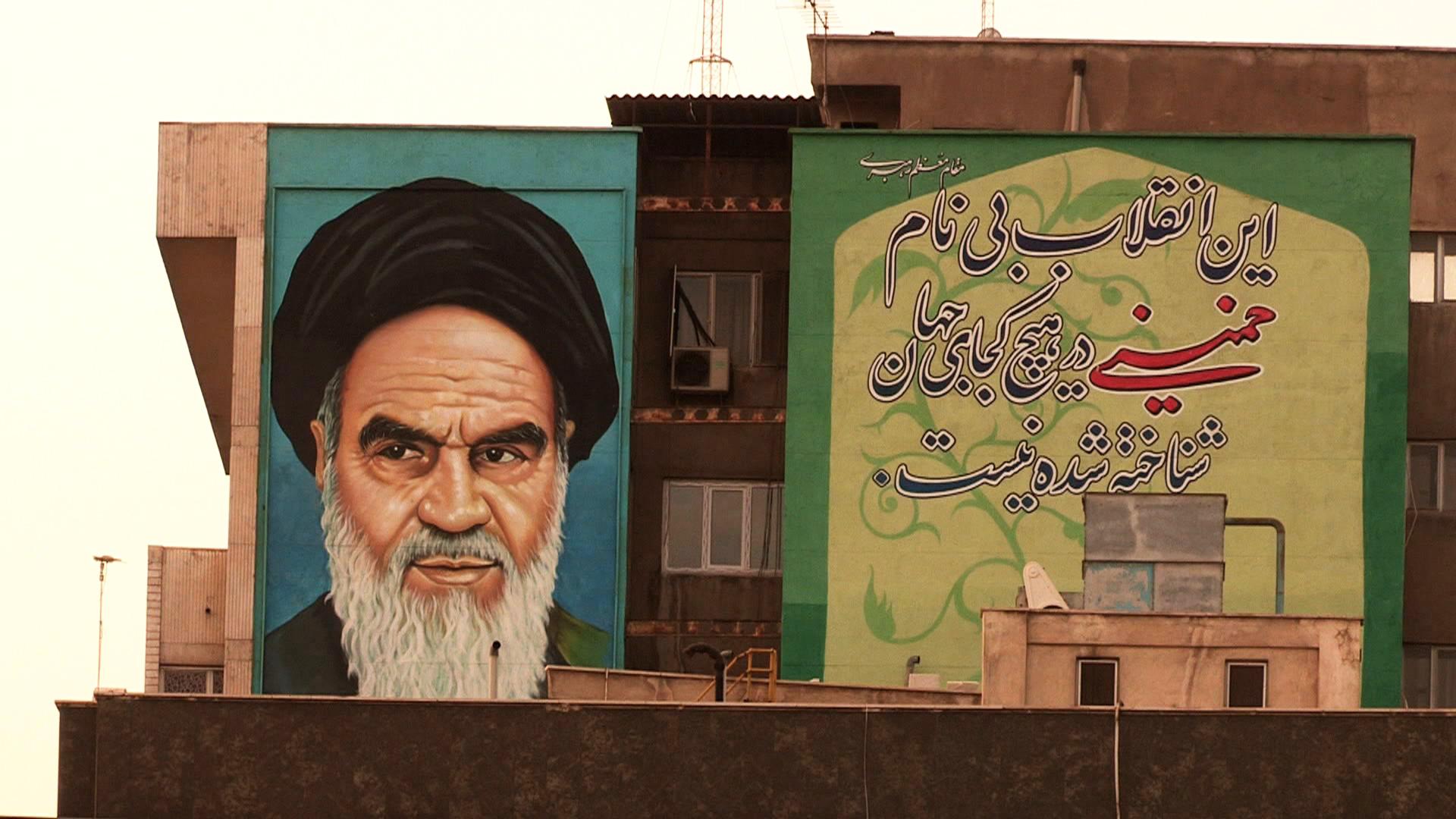
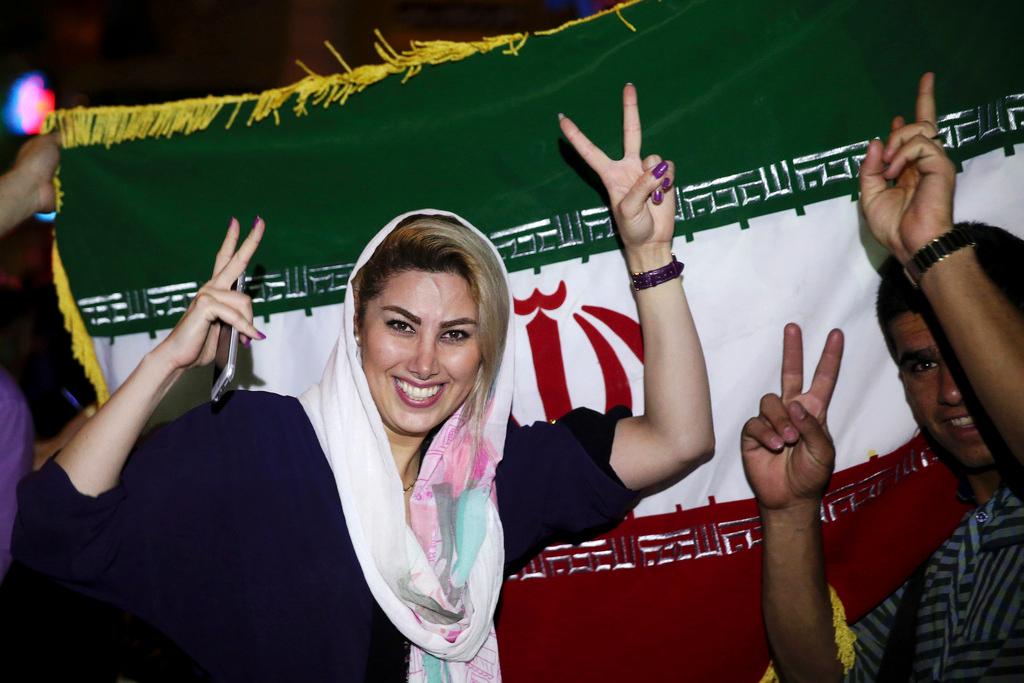
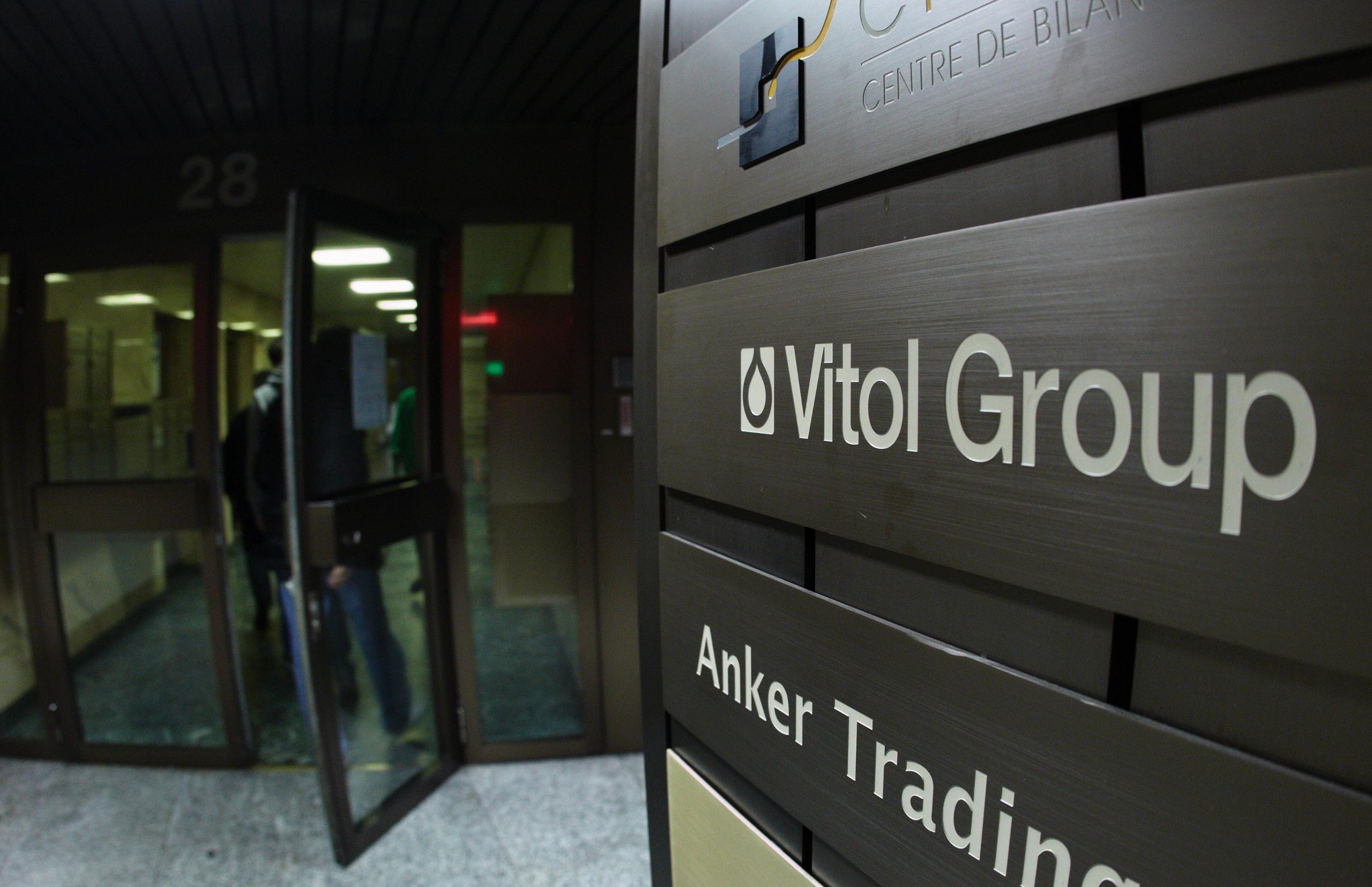
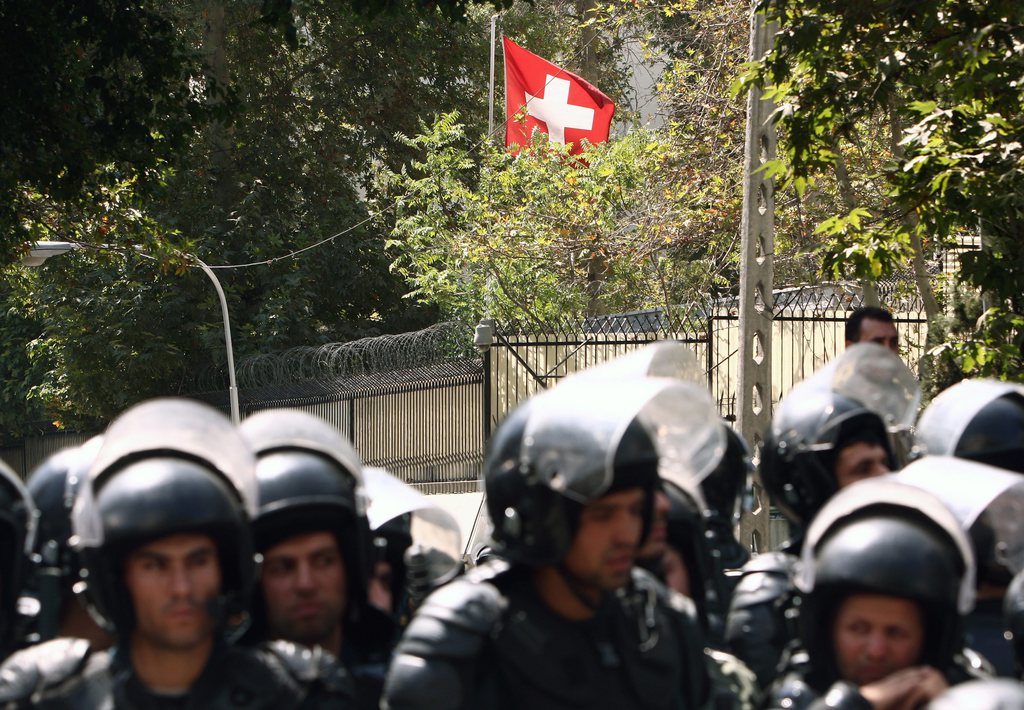
You can find an overview of ongoing debates with our journalists here. Please join us!
If you want to start a conversation about a topic raised in this article or want to report factual errors, email us at english@swissinfo.ch.